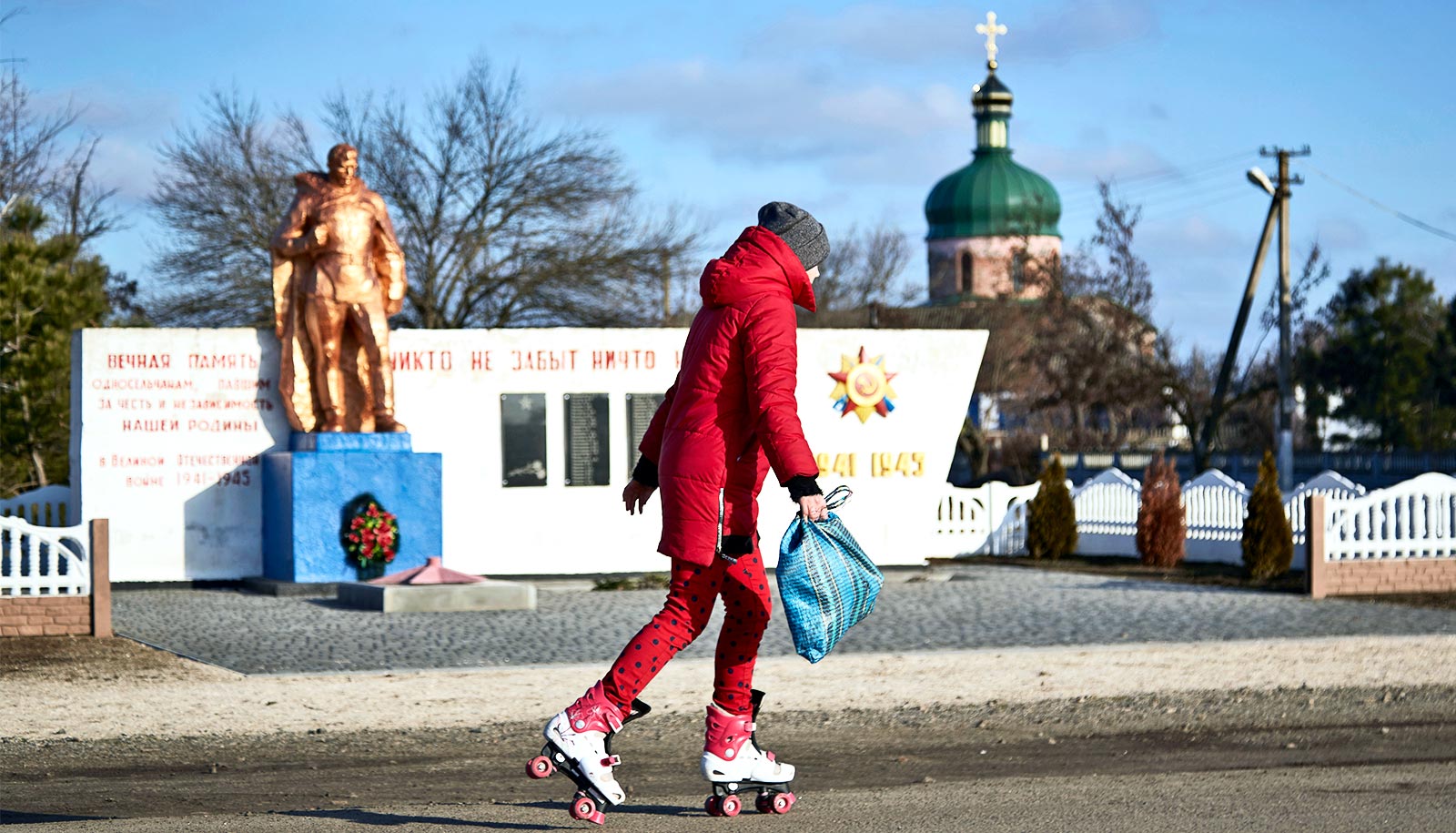
A Russian invasion of Ukraine would ultimately militarize NATO and render Russia less secure, argues political scientist Randall Stone.
Russian President Vladimir Putin’s recent belligerent behavior toward neighboring Ukraine has already caused NATO allies to close ranks and work in much greater unity, says Stone, a political science professor, chair of the political science department, and director of the Skalny Center for Polish and Central European Studies at the University of Rochester. Now, Putin “has created a trap for himself and is ending up in a weaker position.”
An expert on Russia and US-Russian relations, Stone notes that the current situation “feels like back to the future,” 31 years after Ukraine gained independence from the former Soviet Union and when “we thought we had moved past this stage.”
Putin has often been characterized as a clever manipulator. “But one has to ask—why is he making so many mistakes?” says Stone, pointing to Putin’s failed attempt to poison and kill the Russian opposition leader Alexei Navalny, which led to widespread protests in Russia and turned Navalny “into a martyr and cause célèbre.”
“Perhaps,” Stone adds, “what we’re witnessing here is that Putin miscalculated. He hoped that the West would make concessions, and now he has to figure out how to extricate himself from a looming crisis—does he fold or does he escalate?”
Here, Stone puts the current situation at the Ukraine-Russia border in historical perspective and explains the political ramifications of an invasion:
Source: University of Rochester